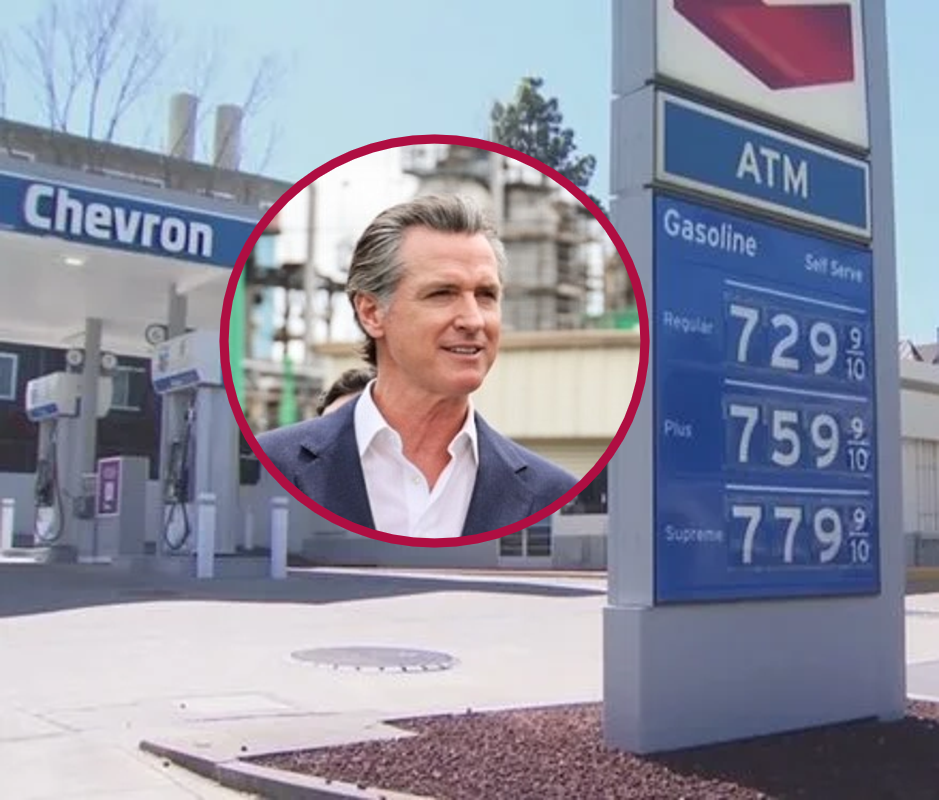SACRAMENTO — In a bold move to protect consumers from fluctuating gas prices, Governor Gavin Newsom has announced a pioneering proposal aimed at preventing profit-driven price spikes by petroleum refiners. This first-of-its-kind initiative is designed to require refiners to maintain minimum fuel reserves, a measure that could save Californians hundreds of millions of dollars annually at the pump.
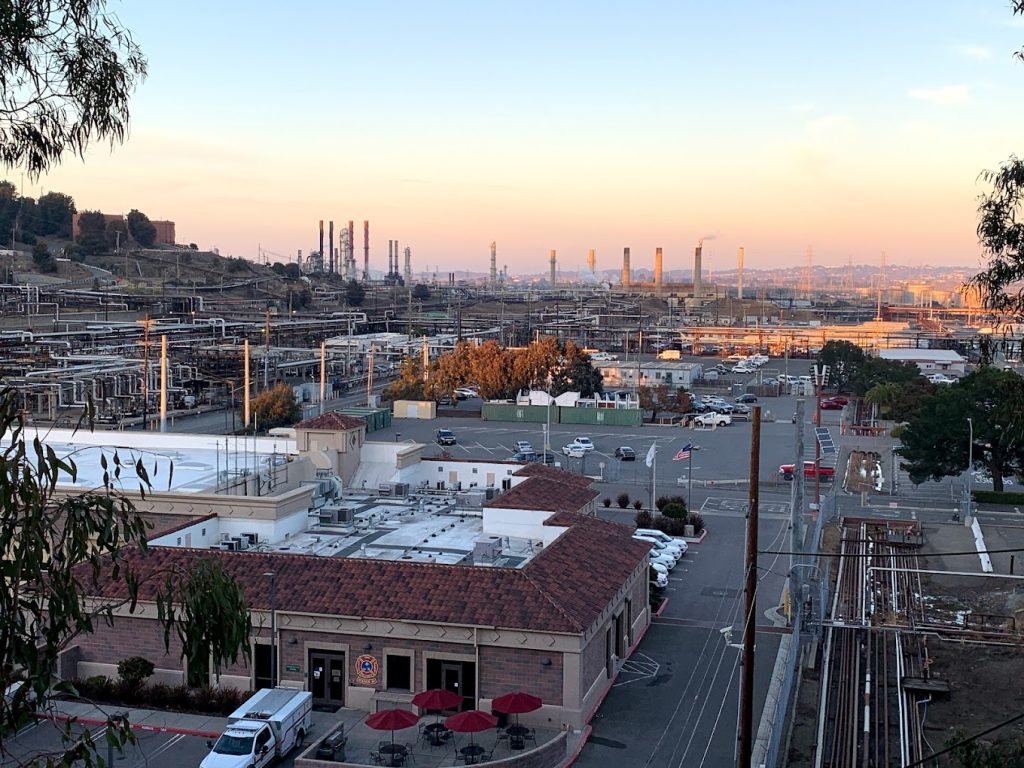
California’s recent findings have underscored the link between restricted gasoline supplies and increased prices at the pump. Governor Newsom’s proposal targets this issue head-on by empowering the California Energy Commission (CEC) to enforce a minimum fuel inventory requirement for petroleum refiners. This is in direct response to the state’s observation that, during refinery maintenance periods, when supply is intentionally limited, oil companies have been able to inflate prices and garner significant profits.

According to the CEC, if this proposal had been implemented in 2023, Californians could have saved an estimated $650 million in gas costs, demonstrating the significant financial impact of such regulatory measures. The Commission’s data revealed that, in 2023, there were 63 days when refiners in California held less than 15 days’ worth of gasoline supply, which led to substantial price increases.
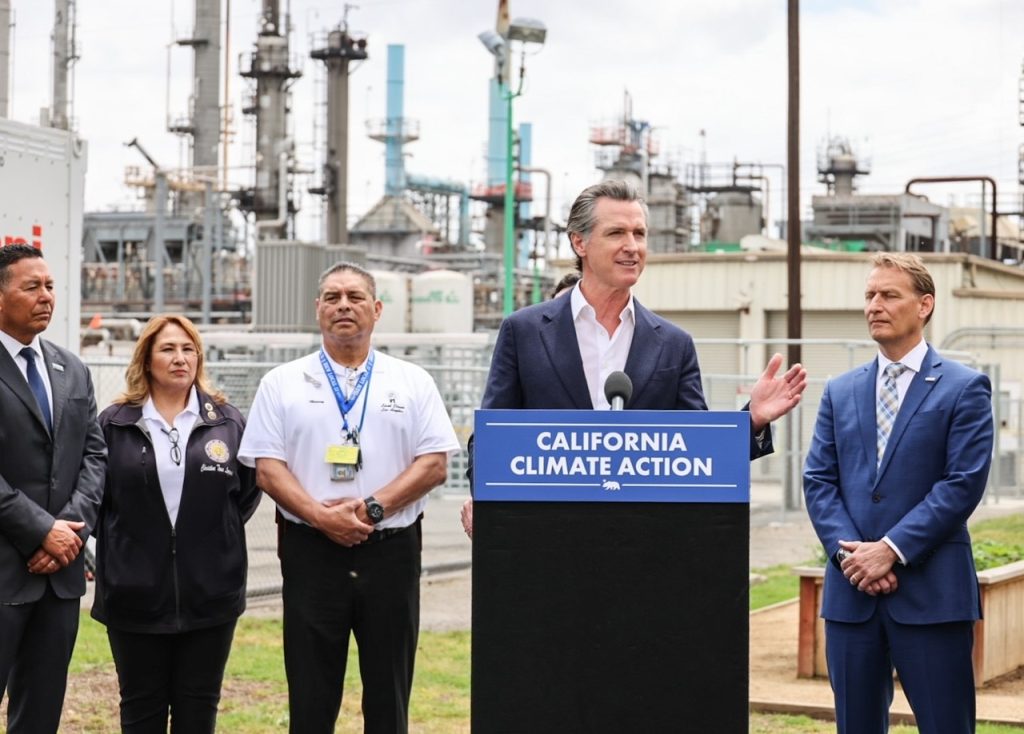
“Price spikes at the pump are profit spikes for Big Oil. Refiners should be required to plan ahead and backfill supplies to keep prices stable, instead of playing games to earn even more profits,” Governor Newsom stated. “By making refiners act responsibly and maintain a gas reserve, Californians would save money at the pump every year.”
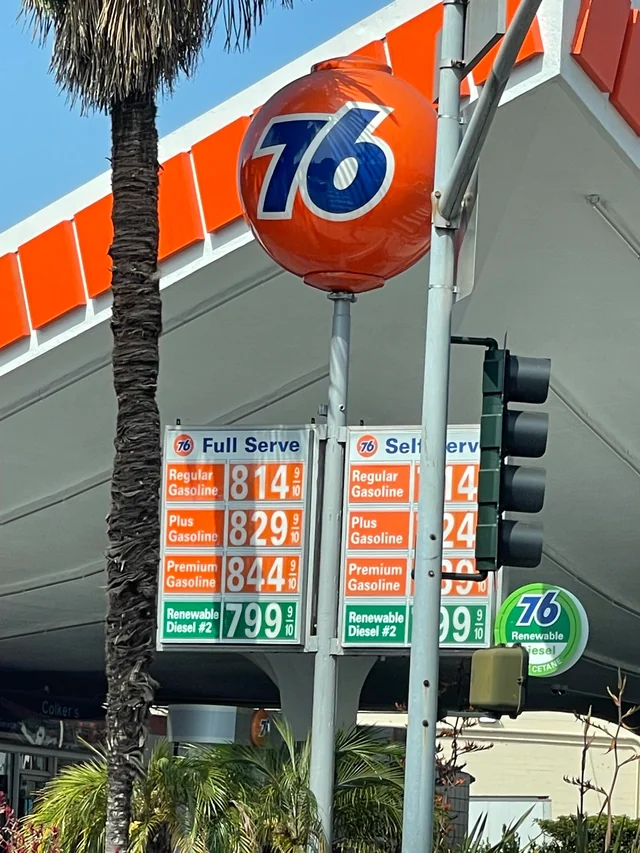
The state’s recent efforts to hold Big Oil accountable have already shown positive results, with gas prices in California significantly lower this year compared to the same period last year. This summer alone, Californians spent approximately $728 million less on gasoline than in the previous summer. Governor Newsom’s latest proposal seeks to solidify these gains by ensuring long-term market stability.
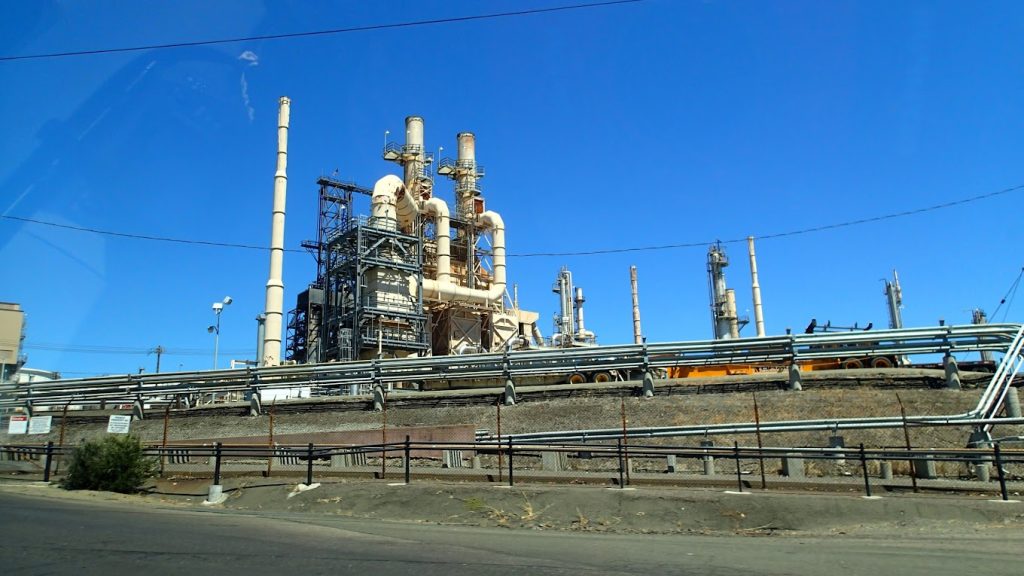
Tai Milder, Director of the Division of Petroleum Market Oversight for the CEC, emphasized the importance of the new measures: “The data is clear: oil refiners have been racking up profits by planning maintenance that reduces supply during our busy driving seasons. The Governor’s proposal gives us new tools to require refiners to plan responsibly and prevent price gouging during maintenance.”
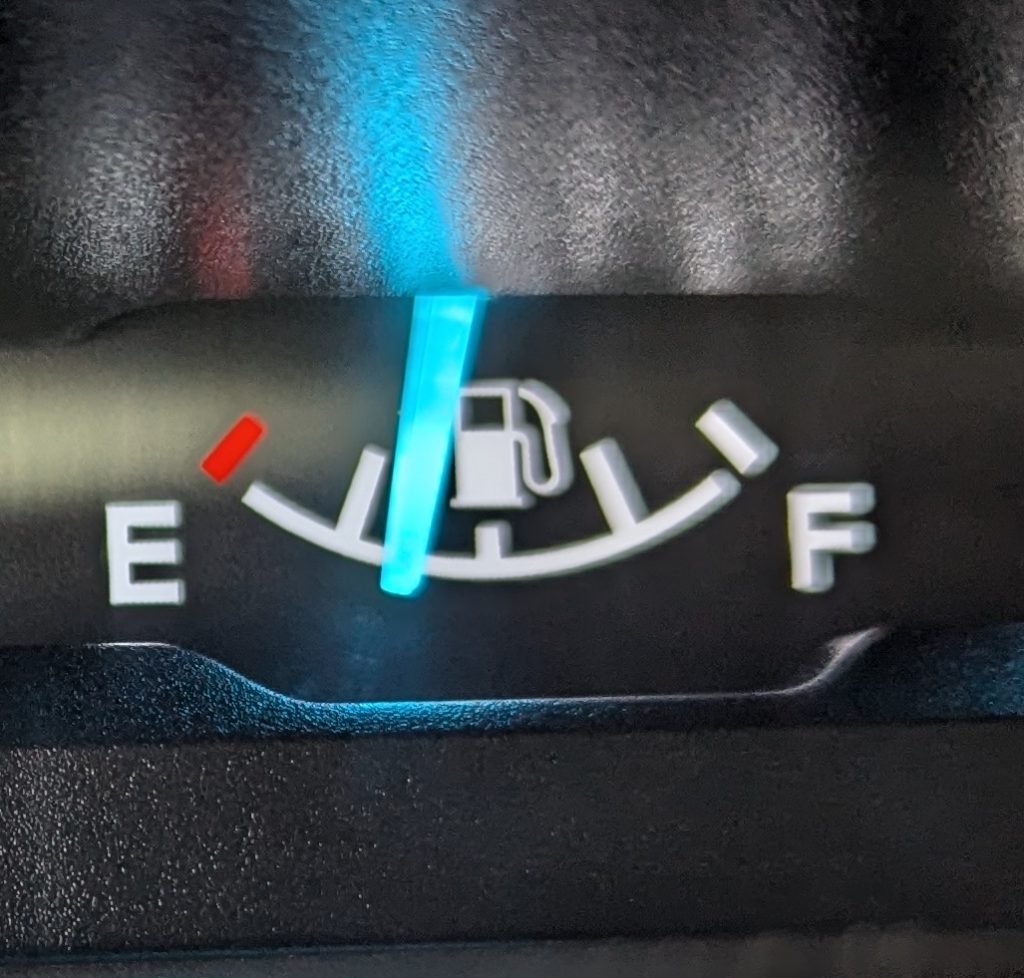
Under the new proposal, California’s petroleum refiners would be required to demonstrate their resupply plans and arrangements to the CEC, ensuring that these are adequate to compensate for any production losses due to maintenance. The CEC would also have the authority to enforce a minimum fuel inventory requirement to stabilize the supply, with penalties imposed on refiners who fail to comply.

This proposal builds on a series of reforms that Governor Newsom enacted following the gasoline price spikes of 2022. These reforms introduced stricter accountability measures for Big Oil, including the establishment of a watchdog to monitor suspicious market activities and unplanned refinery shutdowns. The watchdog’s findings for 2023 highlighted the need for additional regulations to prevent price spikes, leading to the current proposal.
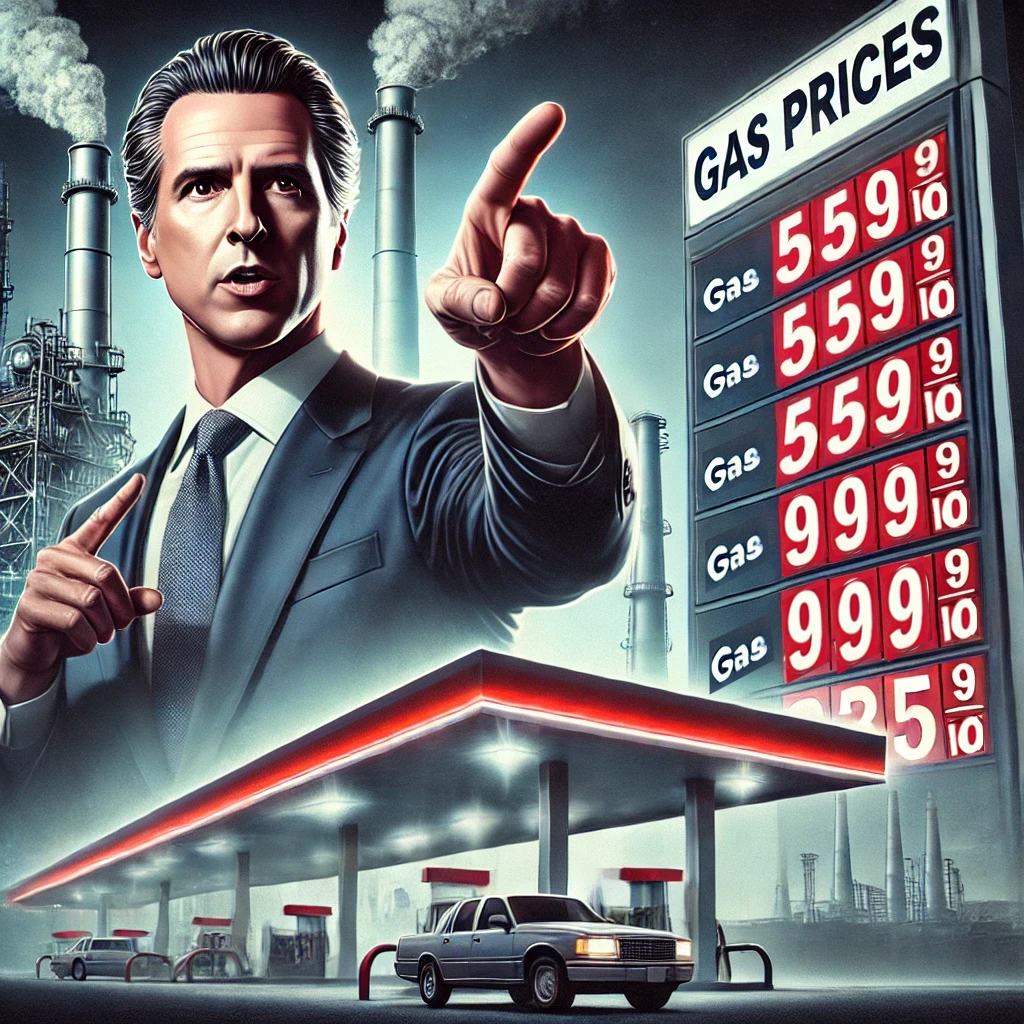
The concept of mandating fuel reserves is not unique to California. Other countries, including Australia, Japan, and members of the European Union, have enacted similar legislation to ensure stable fuel supplies. For instance, Australia’s Fuel Security Act requires major refiners to hold a minimum of 24 days’ worth of gasoline, while Japan’s Oil Stockpiling Act mandates both government and private sector reserves. The European Union’s Oil Stock Directive similarly ensures member states maintain emergency oil stocks.

Governor Newsom’s proposal is a significant step toward protecting California consumers from volatile gas prices and ensuring that Big Oil operates with greater transparency and accountability. If successful, it could serve as a model for other states and nations facing similar challenges in their fuel markets.

